Saturday,
Dec 27
Marseilles
5°
Sunday,
Dec 28
Marseilles
11°
Monday,
Dec 29
Marseilles
-5°
Tuesday,
Dec 30
Marseilles
-9°
Wednesday,
Dec 31
Marseilles
-3°
Thursday,
Jan 1
Marseilles
-3°
MORE IMPORTANT INFORMATION ABOUT YOUR TRAVEL TO Marseilles
The Train station is located at the center of Marseilles
Marseille ( mar-SAY, also spelled in English as Marseilles; French: [maʁsɛj], locally [maʁˈsɛjə]; Occitan: Marselha [maʀˈsejɔ, -ˈsijɔ]) is the prefecture of the department of Bouches-du-Rhône and region of Provence-Alpes-Côte d'Azur. It is located on the Mediterranean coast near the mouth of the Rhône. The city covers an area of 241 km2 (93 sq mi) and had a population of 870,018 in 2016. Its metropolitan area, which extends over 3,173 km2 (1,225 sq mi) is the third-largest in France after those of Paris and Lyon, with a population of 1,831,500 as of 2010.Known to the ancient Greeks and Romans as Massalia (Greek: Μασσαλία, romanized: Massalía), Marseille was an important European trading centre and remains the main commercial port of the French Republic. Marseille is now France's largest city on the Mediterranean coast and the largest port for commerce, freight and cruise ships.
Source:
WikipediaADDITIONAL INFORMATION ABOUT Rennes
The Train station is located at the center of Rennes
Rennes (French pronunciation: [ʁɛn]; Breton: Roazhon [ˈrwɑːzən]; Gallo: Resnn; Latin: Condate Redonum) is a city in the east of Brittany in northwestern France at the confluence of the Ille and the Vilaine. Rennes is the capital of the region of Brittany, as well as the Ille-et-Vilaine department. Rennes's history goes back more than 2,000 years, at a time when it was a small Gallic village named Condate. Together with Vannes and Nantes, it was one of the major cities of the ancient Duchy of Brittany. From the early sixteenth century until the French Revolution, Rennes was a parliamentary, administrative and garrison city of the historic province of Brittany of the Kingdom of France. Since the 1950s, Rennes has grown in importance through rural flight and its modern industrial development, partly automotive. The city developed extensive building plans to accommodate upwards of 200,000 inhabitants.
Source:
WikipediaImages of the trains for your trip
Where Can You Travel With Us?
TAKE A LOOK AT OUR MAP
France
Italy
Netherlands
Luxembourg
Austria
Germany
Belgium
Switzerland
Denmark
Sweden
Norway
Hungary
Czech
Ukraine
China
Active
France, Italy, Netherlands, Luxembourg, Austria, Germany, Belgium, Switzerland, Denmark, Sweden, Norway, Hungary, Czech, Ukraine, China
Upcoming
USA, Canada, Spain, Poland, Japan
Other Train Trips From Rennes

Rennes to Perigueux
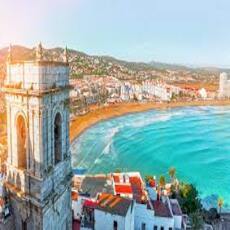
Rennes to Gourdon

Rennes to Piene Frontiere

Rennes to Perpignan

Rennes to Saint Gilles Croix De Vie

Rennes to La Bastide Saint Laurent Les Bains

Rennes to Sete

Rennes to Montelimar

Rennes to Remiremont

Rennes to Bandol

Rennes to Cap D Ail
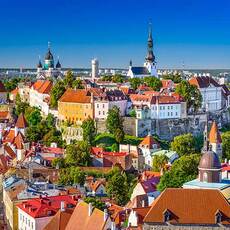
Rennes to Besancon Viotte

Rennes to Mauleon

Rennes to Plouaret Tregor

Rennes to Le Grau Du Roi
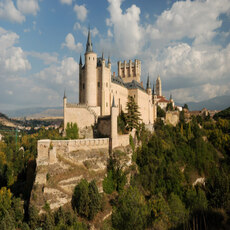
Rennes to Port De Bouc

Rennes to Chagny
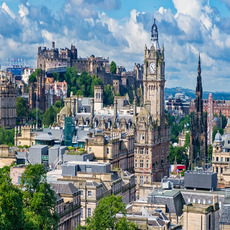
Rennes to Baisieux

Rennes to Surdon

Rennes to Blois Chambord

Rennes to Valenciennes
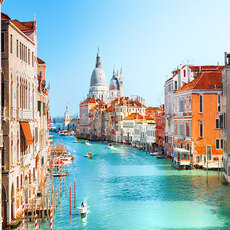
Rennes to Saint Jean De Luz
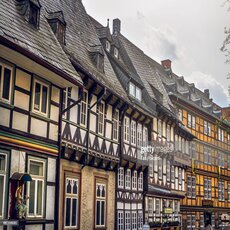
Rennes to Dol

Rennes to Le Creusot
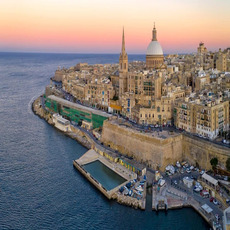
Rennes to La Baule Escoublac

Rennes to Aime La Plagne
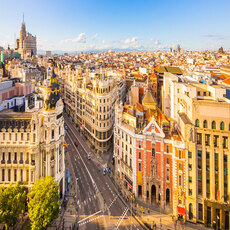
Rennes to Annemasse

Rennes to Nice Ville
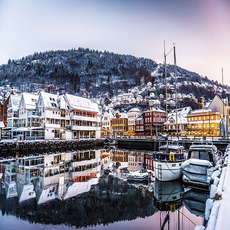
Rennes to Lison
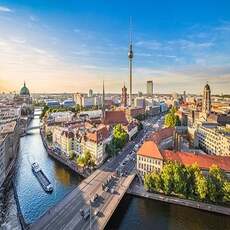
Rennes to Orange
WHY YOU SHOULD TRAVEL BY TRAIN?
To travel from Rennes To Marseilles, trains would be the best travel choice, for several reasons:
1
Eco-Friendly
Trains are the most environmentally-friendly way of transport to the EU Environment Agency. They are powered by electricity, which is renewable and has a low environmental impact.
2
Speed
Travelling by train is in most cases the fastest way to go from Rome to Milan. Trains usually travel at high speeds, making them the fastest way to get from one place to another.
3
Safety
Travelling by train is one of the safest forms of transport. Trains are heavily regulated and monitored, making them safer than other forms of transport.
4
Price
Travelling by train is often cheaper than other forms of transport, such as flying or taking a bus. Trains are often subsidized by the government, making them cheaper than other forms of transport.
5
Luggage
Travelling by train is a great way to transport luggage. Trains usually have plenty of space for luggage and they are usually safe and secure.
6
Luggage
Travelling by train is often faster than other forms of transport, such as driving or taking a bus. Trains usually travel at high speeds, making them the fastest way to get from one place to another.
7
Comfortability
Travelling by train is usually very comfortable. Trains usually have comfortable seating and plenty of legroom, making them a great way to travel.
8
Comfortability
Travelling by train is a great way to get some sleep. Trains usually have comfortable seats and plenty of legroom, making them a great way to get some rest while travelling.
9
WIFI
This is not necessarily the most important when you travel since we prefer to tell you to enjoy your travel without your phones, but on trains, you can find WIFI onboard, so you remain connected to the internet if you choose to.
THESE ARE THE TRAIN OPERATORS WE WORK WITH



















